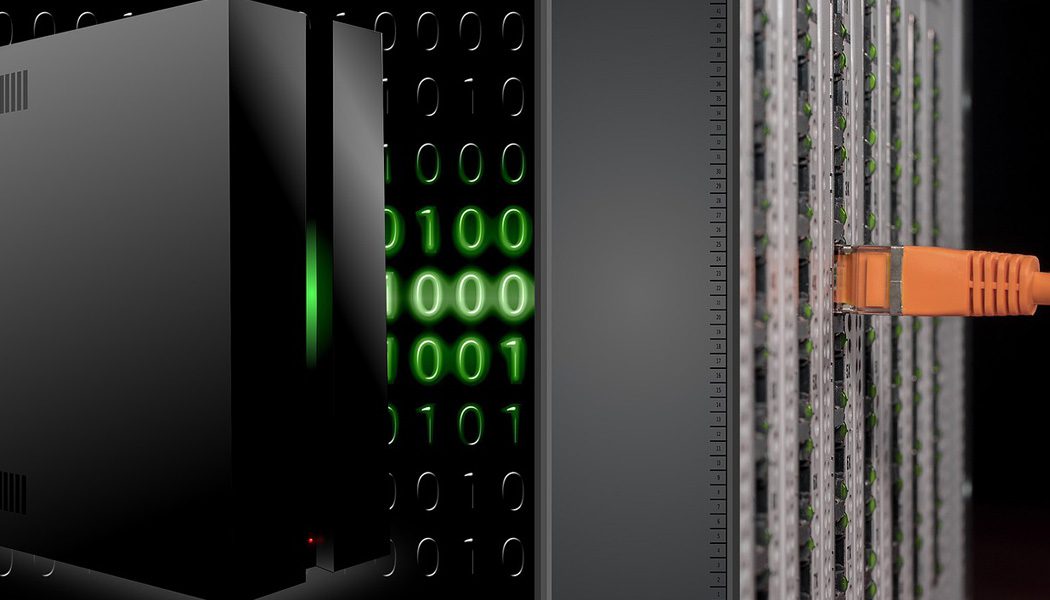The digital revolution is underway in India, with more and more people going online every day. This growth is driving demand for data centers – critical infrastructure that store and process data. With the right policies in place, India has the potential to become a global leader in data center development and usage. Here’s why…
How data center industry is expanding in India
As India’s economy continues to grow and digital technologies become more widely adopted, data centers will play an increasingly important role in supporting the country’s development. With 1.16 billion mobile connections, 800 million internet users and average data consumption of 14GB per month as of October 2021, India is on a digital transformation journey. According to estimates, this number will rise over three times in 2027 with the average data consumption reaching 50GB per month.
The data center industry is facing a major structural shift following the convergence of regulations, government initiatives and investments. The grant of infrastructure status to the data center industry by the Government of India will further accelerate data center expansion. The progressive policies of the center and the state governments coupled with the 5G rollout, ever-rising digital usage, cloud consumption and real-time applications triggering edge data centers would lead to high growth over the next few years.
How datacenters are distributed across India
The cloud, data center and telecom players are adopting various strategies to capture a piece of India’s digital growth. The most notable example is the increasing land purchases by data center operators who have sought out prime real estate to provide scalable options for their customers leading up to an appreciation of prices at preferred locations.
The data center industry in India stood at 499 MW in the first half of 2021 and it is expected to record another strong year owing to the growing demand and imperative supply.
As per reports, the city-wise IT power load share can be understood as 45% in Mumbai, 12% in Chennai, Pune and Bangalore each, 9% in Delhi NCR, 7% in Hyderabad, 1% in Kolkata and other cities contributing to 2%.
Data consumption is not only driving growth but is also responsible for an exponential increase in the sector. The data center industry has responded by taking sustainability measures that will help it reduce its carbon footprint even more than before. The sector has witnessed action from policymakers as well as investors who recognize its value for society at large, meanwhile, operators have been adopting new technologies like cloud computing which can help them better manage their resources while enterprises continue to grow steadily despite market fluctuations.
As per reports, the capacity of the Indian data center industry will double by 2023 with an increase from 499 MW load to 1008 MW.
Mumbai and Chennai become the leading beneficiaries of data center space
Coastal cities in India like Mumbai and Chennai are leading the race, due to their dense wet cable ecosystem. The best global latencies can be found here. Mumbai has enjoyed an inherent advantage due in part to having reliable power sources as well as landing stations for cable networks that provide excellent global latencies. Chennai is coming onto the next level through strong manufacturing bases coupled with lower set-up costs. Chennai is becoming a popular choice for DC colocation companies as it offers an abundance of skilled IT and Non-IT resources that are easy to access. The cost structure here also seems very competitive with spacious land pools, making the city stand out from other Asian cities or domestically too!
Chennai, a city in India’s state of Tamil Nadu and an integral part of global undersea cable infrastructure, serves as an alternative data exchange hub for APAC with some natural advantages like a large pool of available land that can be developed into state-of-the-art data center facilities. The proximity makes it faster-moving compared to other alternatives within this region making Chennai emerge superior over time. Its advantageous location on the doorstep of Asia Pacific gives it an excellent opportunity for economic growth. The high-speed internet enabled by this access has allowed digital transactions and data-driven services to flourish in India as well as other countries around APAC. This state has a great opportunity to be at the forefront of green energy and sustainability by attracting global cloud and data center players who are looking for locations that offer both.
India colocation data centers are currently connected with the global network through 20 cable landings. Mumbai accounts for the highest cable landings due to the widespread presence of banking and financial services here. Because of its strategic location advantage in APAC and domestic geography, presence of IT/ITeS industries, and dense interconnection capabilities, Chennai can lead the growth of new wet cable leading to a spurt in data center growth.
Future of data center industry in India
India’s data center industry is expected to grow over the next few years, with a total economic value of USD 1 trillion by 2025. This will be driven majorly due to robust telecom infrastructure and increased government support for Digital Transformation in India which has created large momentum lately after the recent pandemic. Among the many Indian cities, Mumbai and Chennai are expected to be the leading beneficiaries of the data center industry growth.
Read next: How MSPs can use Endpoint Detection and Response (EDR) for better security








